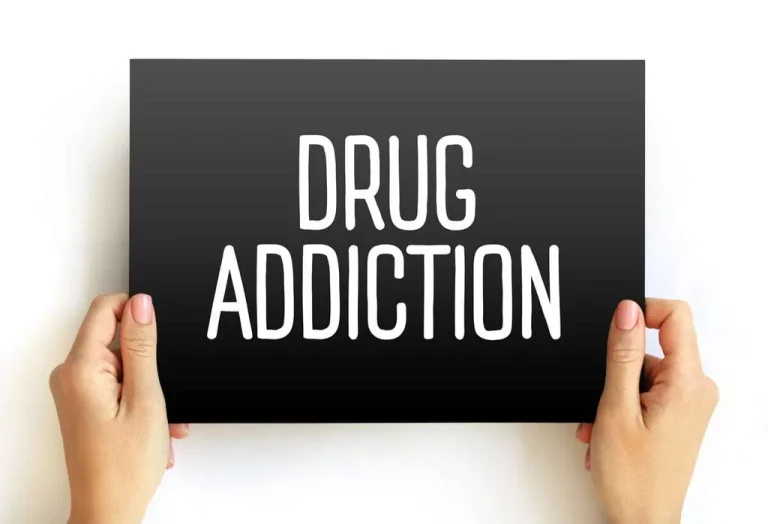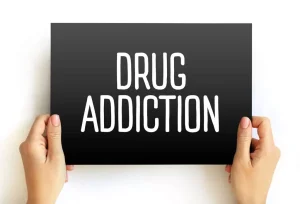
It’s not an easy undertaking to begin building healthy relationships in sobriety and your recovery journey, but it will be so rewarding when you do. No matter whether you’re interested in friendships, rebuilding relationships in recovery family relationships, or you’d like to explore dating and physical intimacy, your recovery has to come first. Good relationships with other people have healthy boundaries in place, and for you, your recovery can become that boundary. Building healthy relationships in recovery is one of the more difficult parts of your journey. You may be trying to repair damaged relationships or navigating the world of relationships without the crutch of drugs or alcohol.

Love and Recovery: Navigating Relationships in Sobriety
- This wait allows for personal growth, self-reflection, and the development of a stable foundation necessary for healthy connections.
- Healthy relationships can help individuals struggling with addiction to avoid negative attachments to people who bring out the worst in them.
- Loved ones may experience feelings of anger, frustration, and helplessness as they navigate the turbulent waters that addiction creates.
- In recovery, focusing on nurturing healthy relationships not only improves emotional health but also reinforces commitment to sobriety.
- It is built upon a foundation of trust, respect, caring, and kindness.
- Developing healthy relationships in recovery isn’t just about creating new connections; it’s also about navigating existing relationships post-recovery.
When individuals prioritize their partner’s happiness over their own well-being, they may compromise their own recovery efforts. This can lead to a cycle of dependency where neither party feels empowered to seek the help they need. When repairing relationships in recovery period, look for traits in people that indicate healthy relationships. These traits include clear communication, mutual trust, respect, and safety, https://ecosoberhouse.com/ which are essential for any relationship to function. Unhealthy relationships can begin to take a toll one’s life, whether they struggle with addiction or live a life of sobriety. If unhealthy relationships are causing you distress and to abuse harmful substances, contact a treatment provider today to discover your rehab options.

Role of support groups in family healing
We will have to develop a richer definition of self-esteem than how we feel about ourselves. Perhaps a broader concept would be to look at the value we place on ourselves emotionally, spiritually, and physically. Finding common interests and engaging in activities together can strengthen relationships during recovery. Whether it’s taking a class, engaging in a hobby, or participating in community service, shared experiences can create positive memories, and reinforce the bond between individuals. Individual therapy and 12-step group programs allow you to reach emotional maturity and, therefore, pick emotionally mature partners. As a result, you will develop stronger, healthier bonds that help support the relationship, as well as the individuals inside that relationship.
The Difference Between Inpatient and Outpatient Detox Programs
It requires individuals to confront the consequences of their actions, acknowledge past mistakes, and actively seek ways to rectify them. Progress in recovery not only involves personal growth but also provides opportunities to give back to those who were hurt by past behaviors. By addressing past wrongs and demonstrating genuine efforts to make amends, individuals can solidify the trust and goodwill fostered during their recovery journey. During recovery, individuals learn the importance of setting and respecting boundaries.
The recovery journey can be difficult, but talking with your addicted loved one again is worth the struggle. Join me on this exploration to find hope, foster healing, and reignite connection. Be prepared to change anything in your past and learn from difficult times. We publish material that is researched, cited, edited and reviewed by licensed medical professionals. The information we provide is not intended to be a substitute for professional medical advice, diagnosis or treatment.
If trust was absent due to addiction or deceit in past relationships, then expect it will take longer to build it again. You need to communicate effectively to understand each other at any given time. Learn how to help your addict sister with support strategies, boundaries, and open communication for recovery. Grasp the difference between detox vs rehab, understand their role in recovery, and make informed decisions. Discover how do family triggers relate to addiction and the role of family in recovery strategies. Explore the unseen struggle of adults with fetal alcohol syndrome and the crucial steps towards support and treatment.

If you need to work on shyness, or being uncomfortable with people, then so be it; let’s start working on it. I know you can do it because you are here reading these words, trying to improve yourself. We have covered relationships with ourselves, our family, and spirituality.
The manipulation and abuse of toxic relationships can act as triggers for emotional distress and lead to relapse. Good communication builds a bridge between your recovery identity and helps rebuild trust with loved ones. Research shows that knowing how to communicate well can reduce the risk of relapse significantly and make your support network stronger.
Do You Talk to Your Kids About Prescription Drug Abuse?
And perhaps that is the easiest and most simple definition drug addiction of self-esteem. Common feelings turned inward, experienced by people in active use are anger, loneliness, shame, guilt, and inadequacy, among many others. Repairing relationships while recovering from substance use disorder can be challenging.

Today’s actions create the groundwork for stronger, more authentic relationships tomorrow. This balance needs careful attention to personal growth while you nurture relationships that support your recovery. Studies show that social identity transformation links to successful long-term recovery. Your recovery identity will develop, and healthy relationships will line up with your new way of life.
